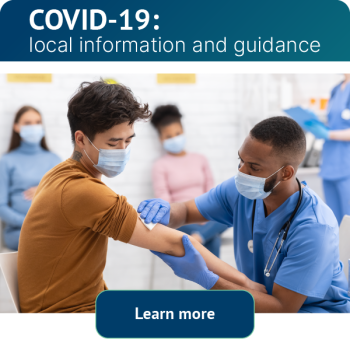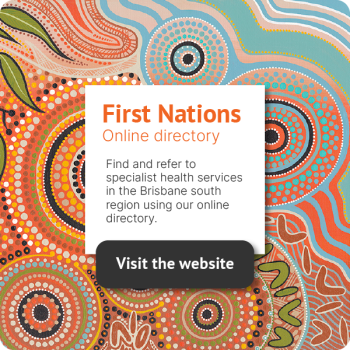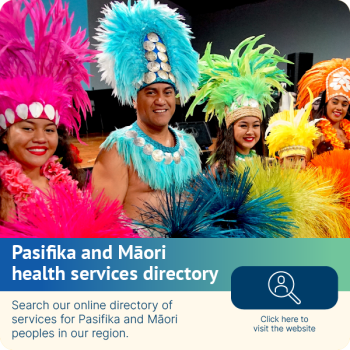Immunisation
Brisbane South PHN supports general practices and other primary care vaccine providers to increase immunisation coverage within our region, through the National Immunisation Program (NIP) Schedule and the Queensland Immunisation Program.
‘Immunisation is a simple, safe and effective way of protecting people against harmful diseases before they come into contact with them. Immunisation protects not only individuals, but also others in the community by reducing the spread of preventable diseases.’
Source: Australian Government Department of Health
Read more about the National Immunisation Program:
Immunisation provider resources
Immunisation resources
Online education
Vaccine management (cold chain)
Australian Immunisation Register
Influenza
First Nations immunisation resources




